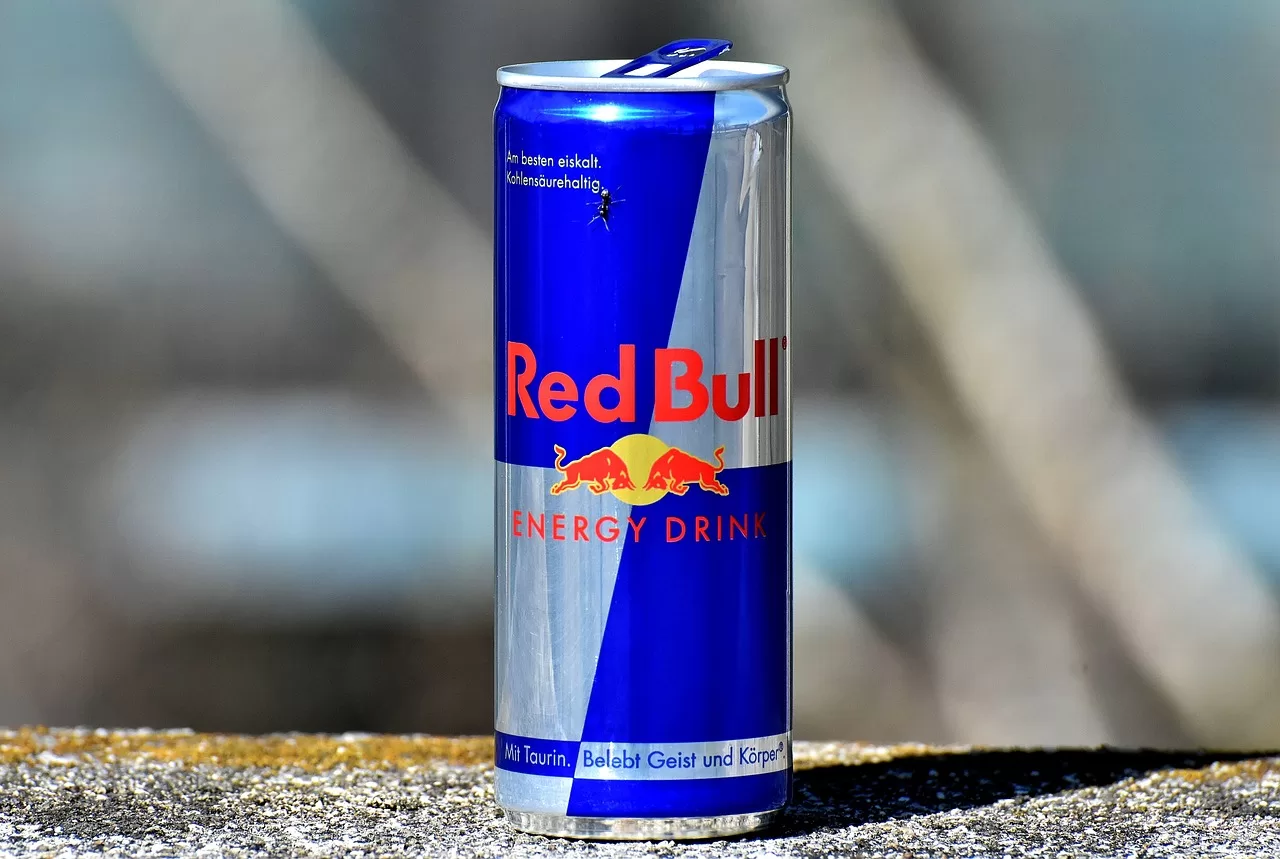Energy drinks have become increasingly popular over the past few decades, but many people are still wondering if they are actually safe to consume or not. In this article, we will look at what exactly an energy drink is, the potential health risks associated with them, and whether or not they are actually bad for you.
What are energy drinks?
Energy drinks are beverages that contain stimulants such as caffeine and other ingredients such as taurine, guarana, ginseng, and B vitamins. These ingredients are meant to provide a boost of energy and alertness for those who drink them. Energy drinks can be found in many different flavors and come in a variety of sizes from small cans to large bottles.
Health risks associated with energy drinks
The stimulants found in energy drinks can cause a number of negative side effects including increased heart rate, elevated blood pressure, insomnia, dehydration, anxiety, irritability, headaches, and digestive issues. Additionally, some studies have linked energy drink consumption to an increased risk of heart disease and stroke due to the high levels of caffeine found in these beverages.
Caffeine content in energy drinks
The amount of caffeine in any given energy drink can vary greatly from one brand to another but most contain between 50-250mg per serving which is significantly more than the average cup of coffee which typically contains around 95mg per serving. Consuming too much caffeine can lead to jitteriness, anxiety, increased heart rate and blood pressure levels as well as other negative side effects such as insomnia and dehydration so it is important to be aware of how much caffeine you’re consuming when drinking energy drinks.
Are energy drinks bad for you?
It is difficult to definitively answer this question as everyone’s body responds differently to stimulants like caffeine and other ingredients found in energy drinks so it really depends on the individual’s tolerance level. Generally speaking though it is best to limit your consumption of these beverages as excessive consumption can lead to serious health problems over time due to the high levels of sugar and caffeine found in them.
Alternatives To Energy Drinks
If you’re looking for a way to get an extra boost without having to turn towards sugary or caffeinated beverages there are plenty of healthier alternatives available such as green tea which contains natural antioxidants that can help boost your metabolism without giving you a sugar rush or crash later on like some energy drinks do.
Chamomile tea which has calming properties that can help reduce stress. Even sparkling water with fresh fruit slices added for natural sweetness without all the added sugar or calories found in most energy drinks.
Conclusion
While it may seem tempting to reach for an energy drink when feeling tired or sluggish it is important to be aware of the potential health risks associated with these beverages before doing so. Especially if consumed excessively over time due to their high levels of sugar and caffeine content which could lead to serious health issues down the road if not monitored carefully.
Instead try reaching for one of the healthier alternatives mentioned above which will provide similar benefits without all the added sugar or calories that come with most commercialized energy drinks on the market today.

Samantha Simmons is a respected dietary expert with over a decade of experience in the field of nutrition. She holds a degree in Nutrition Science and is a registered dietitian. Samantha is a regular speaker at health conferences and seminars, and has been featured in multiple media outlets, discussing the latest research and developments in nutrition.
